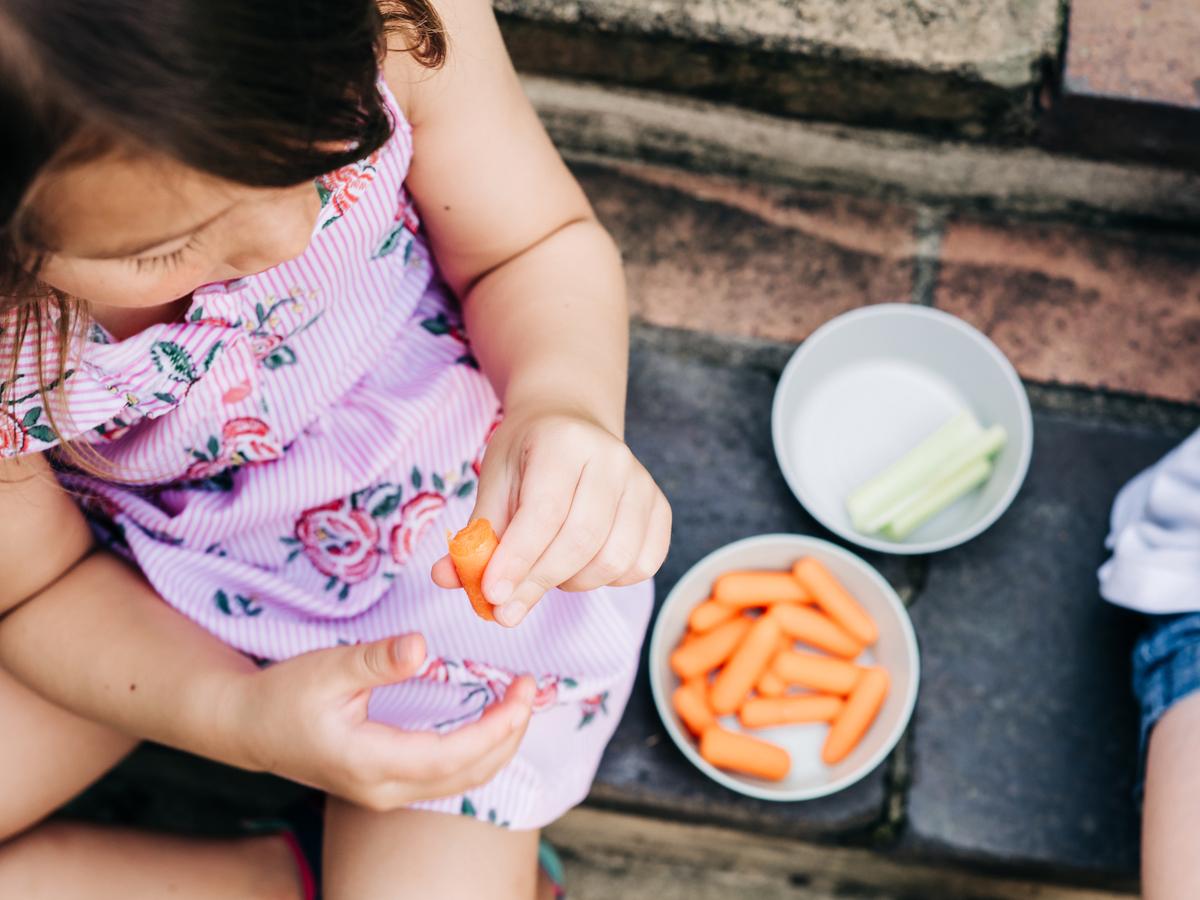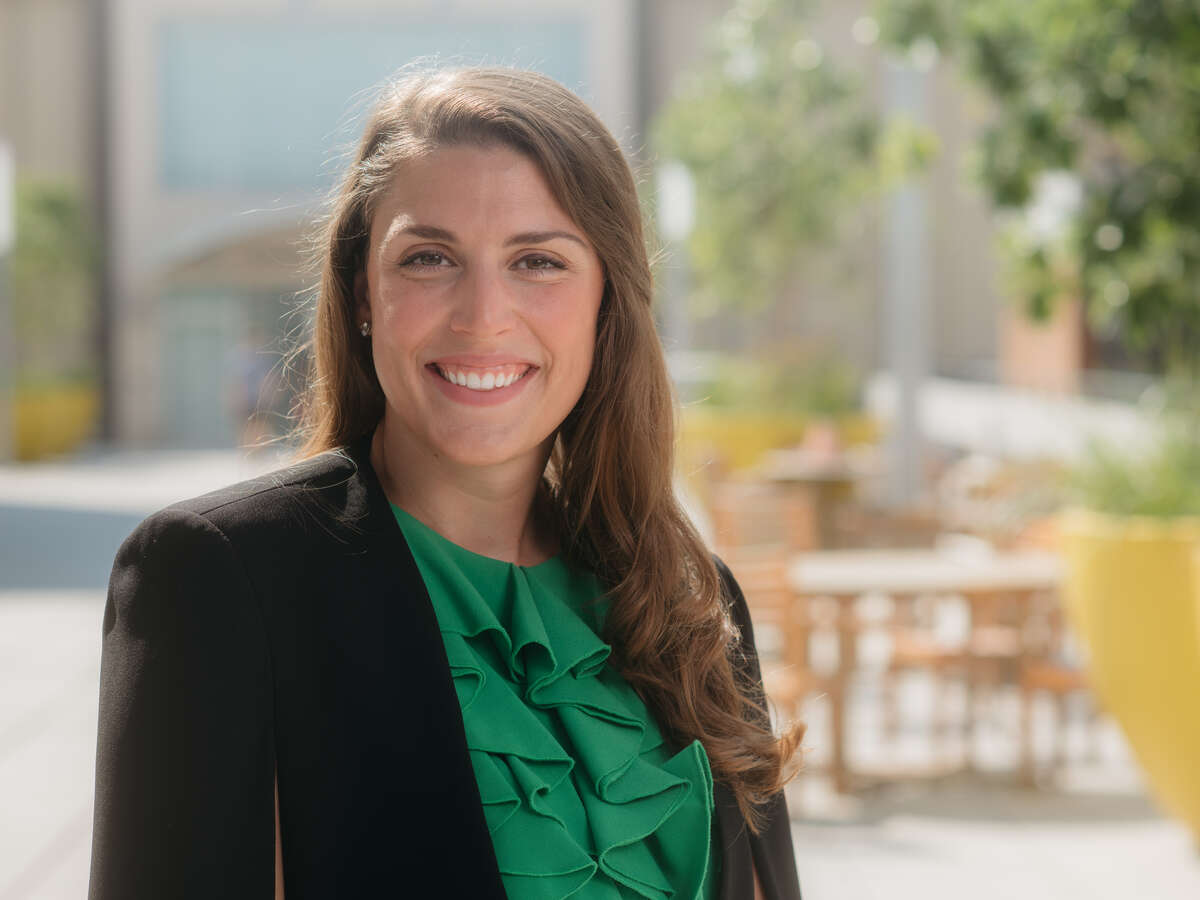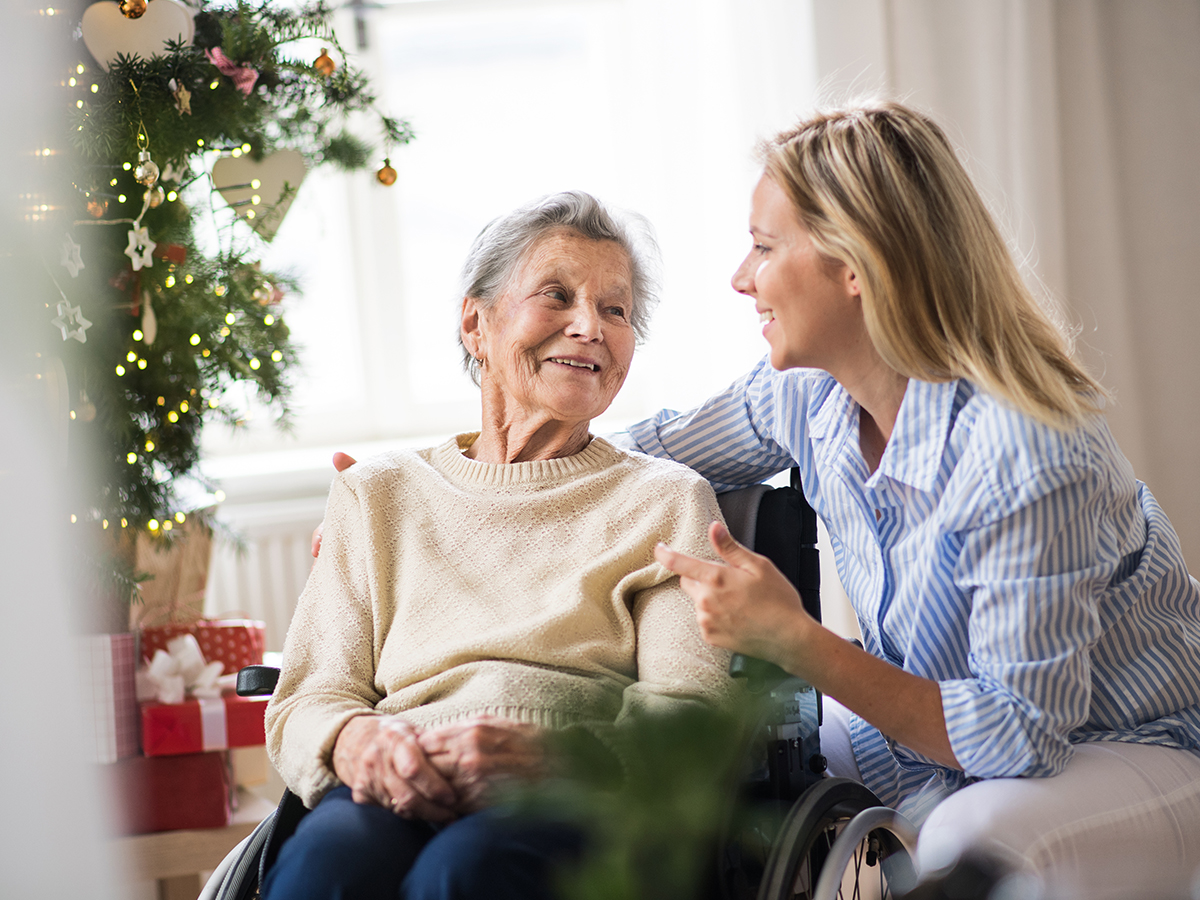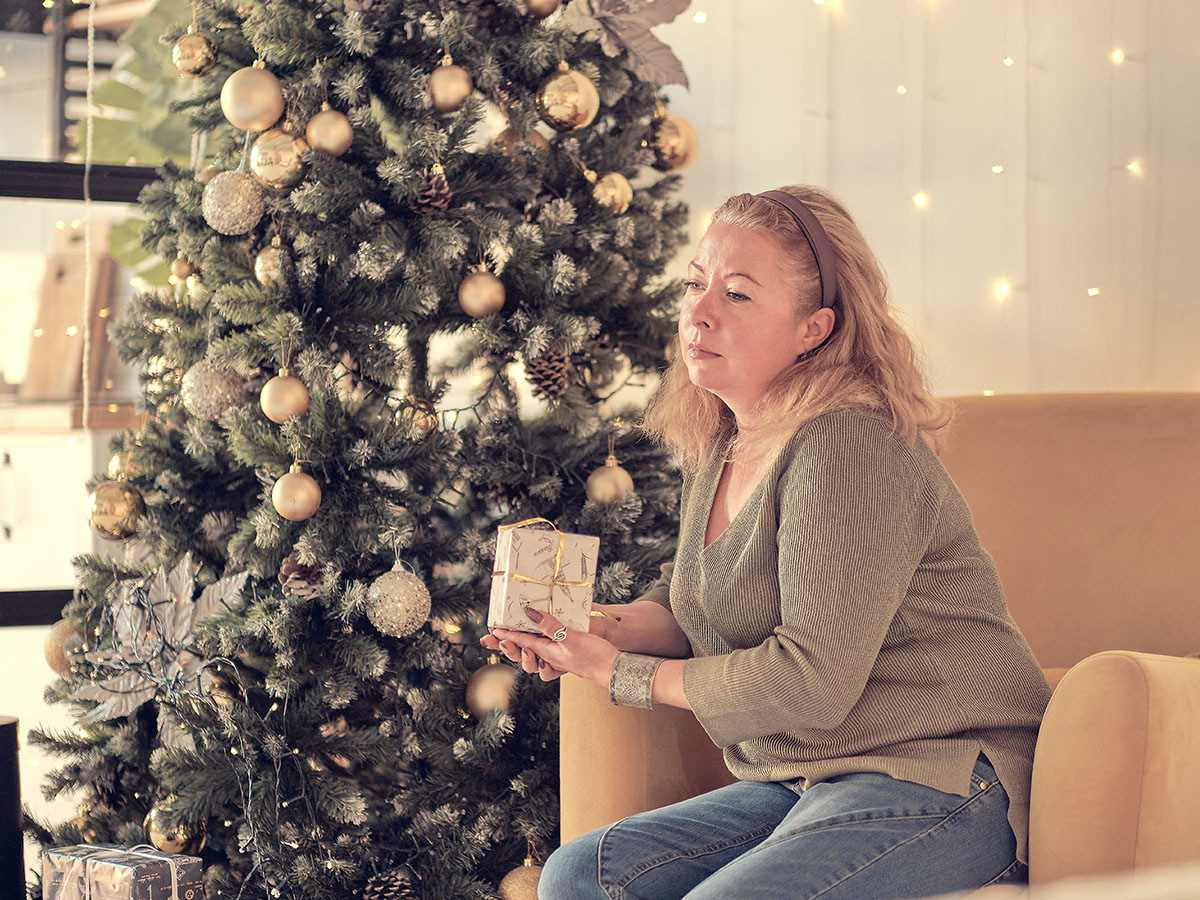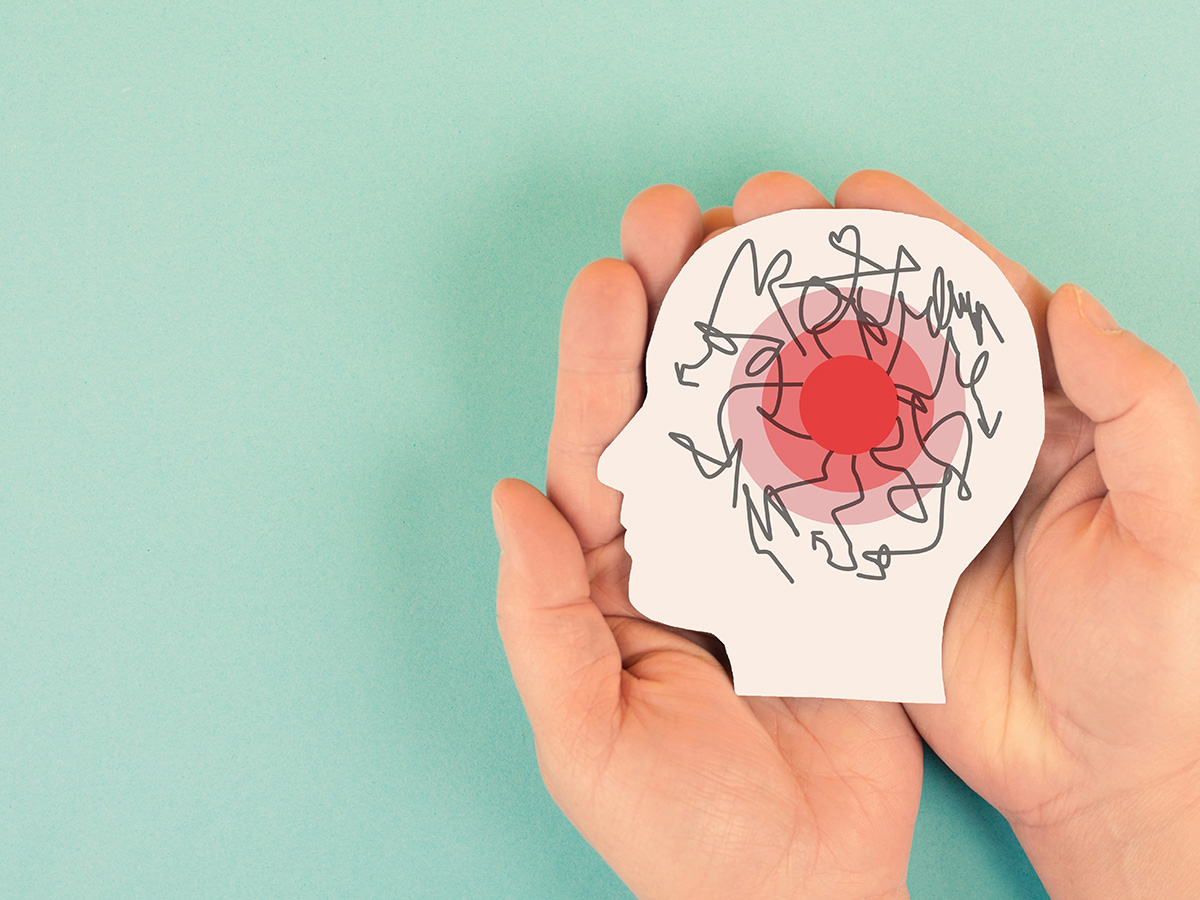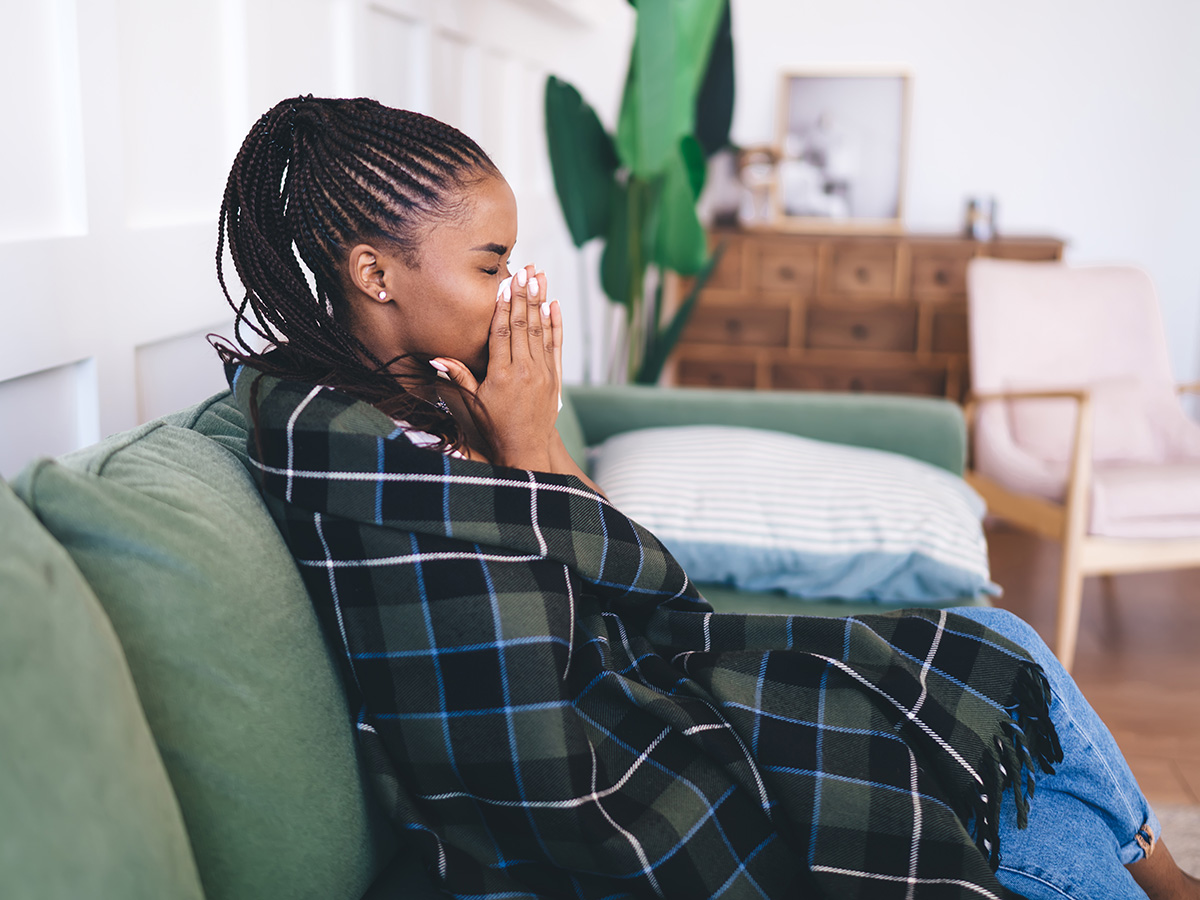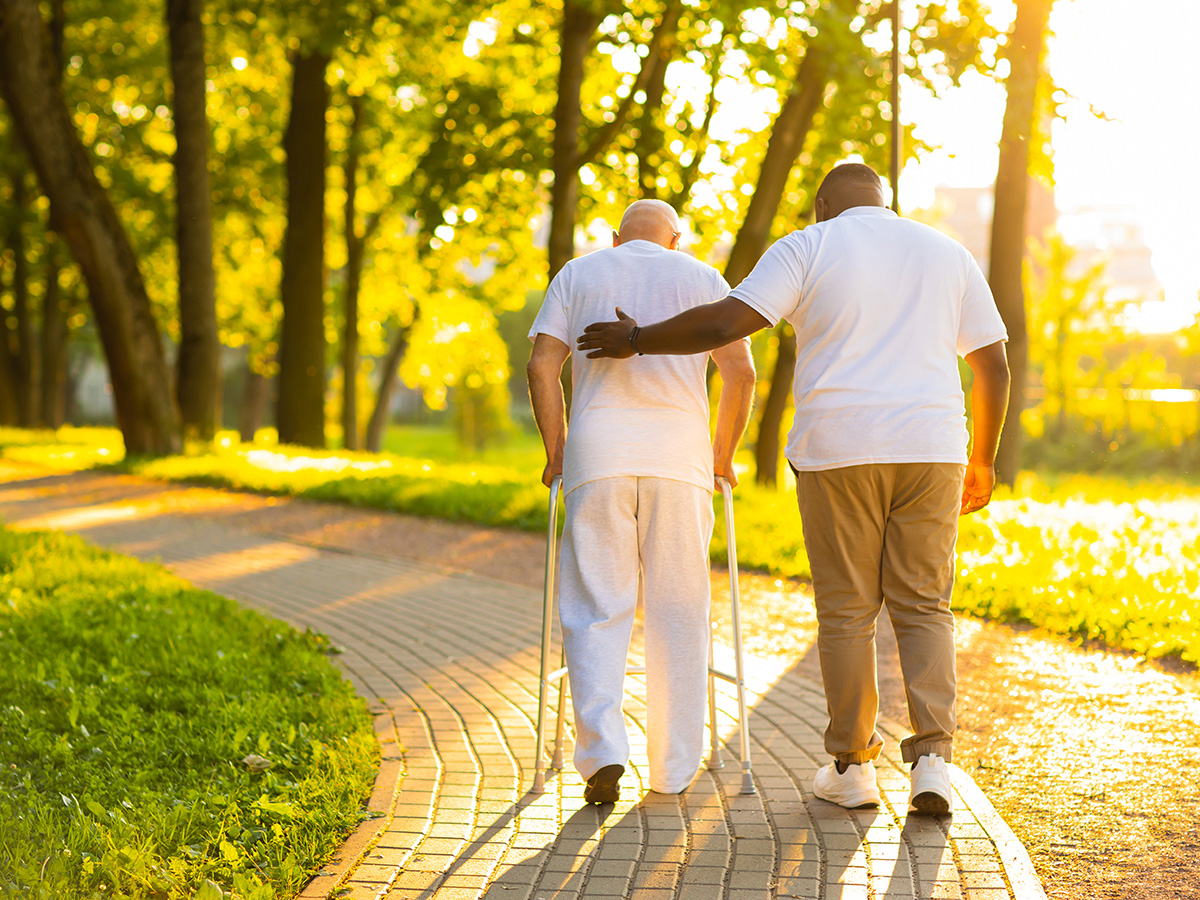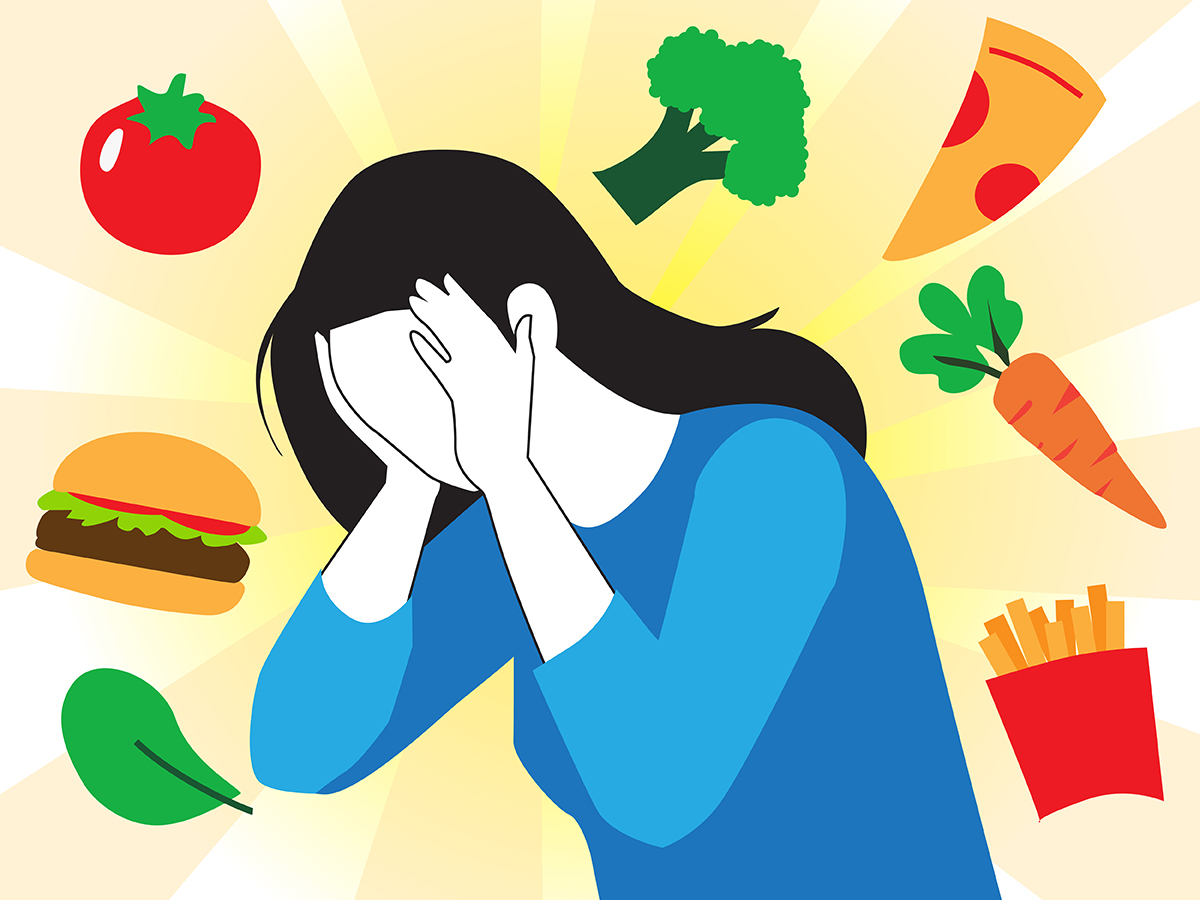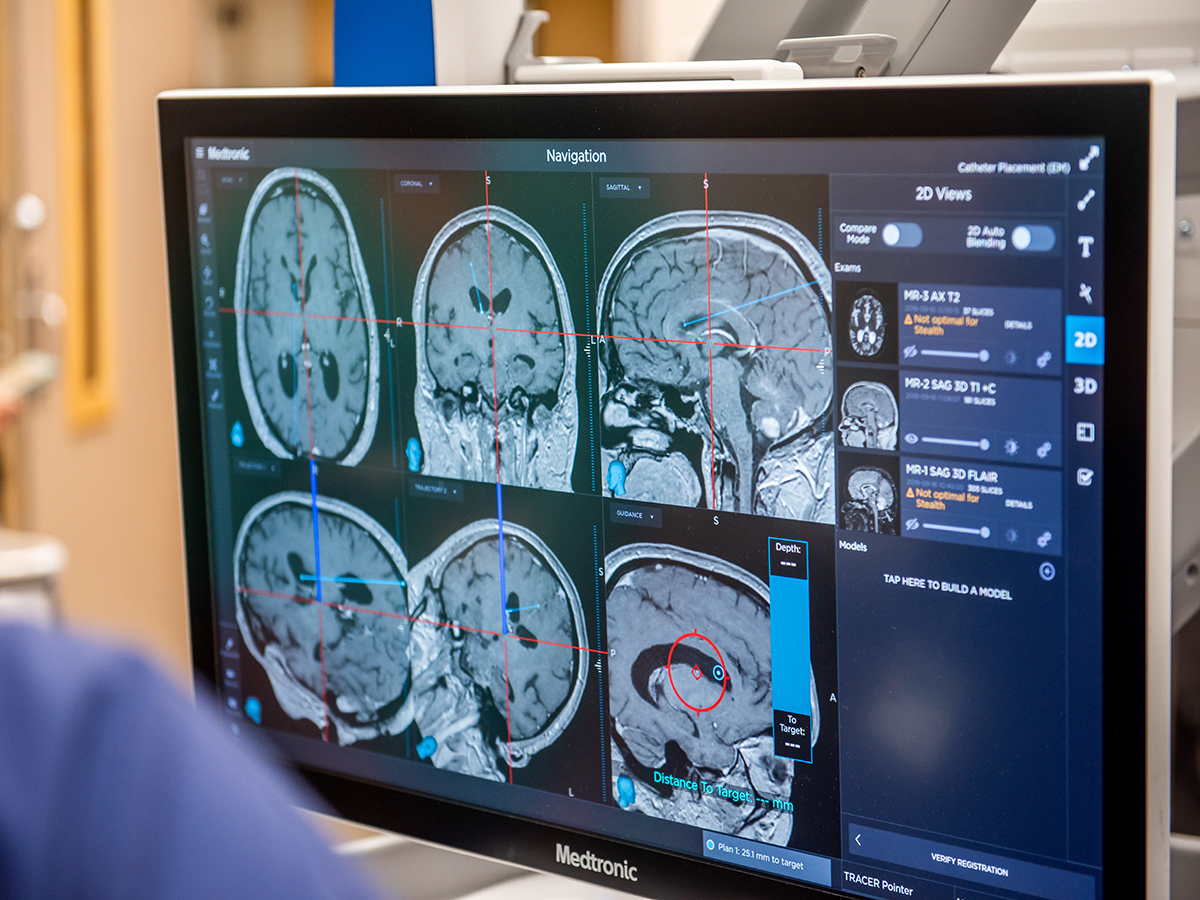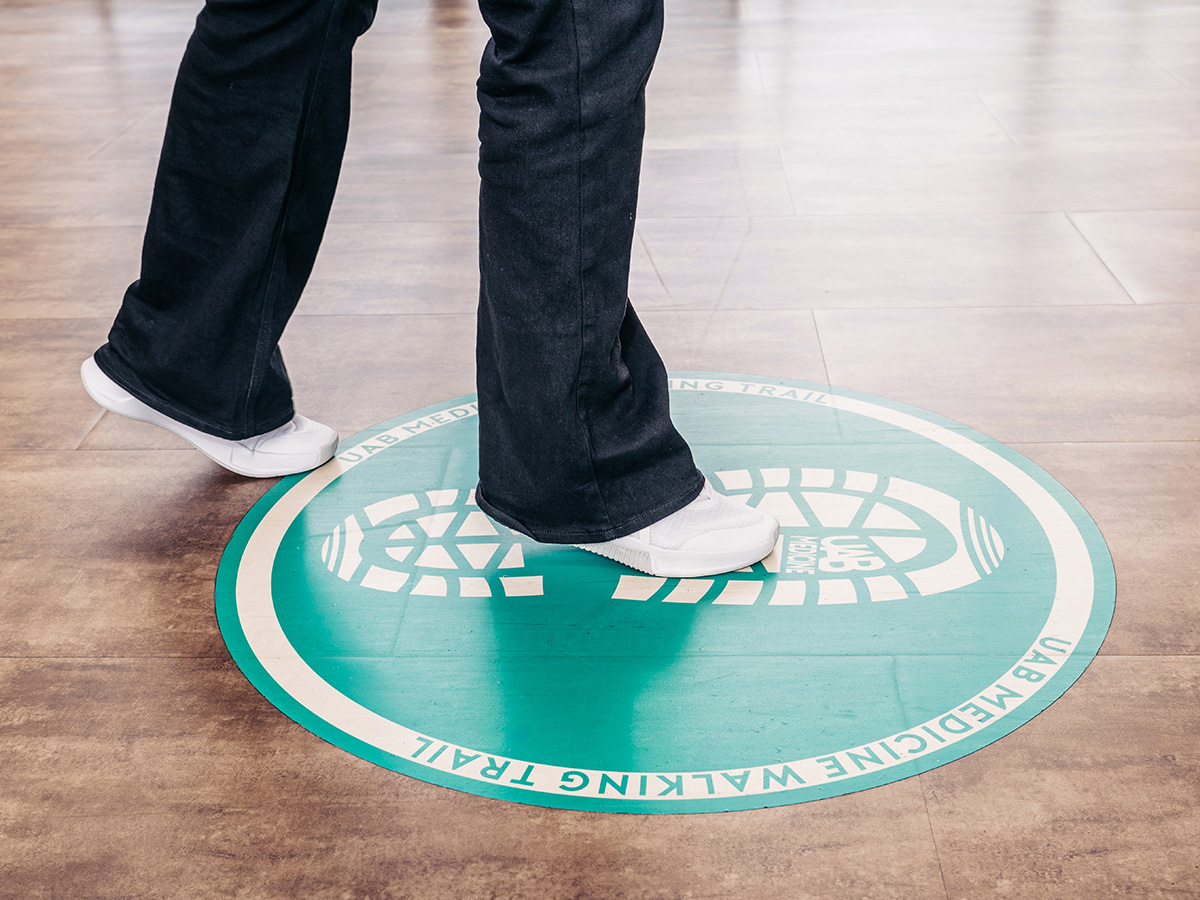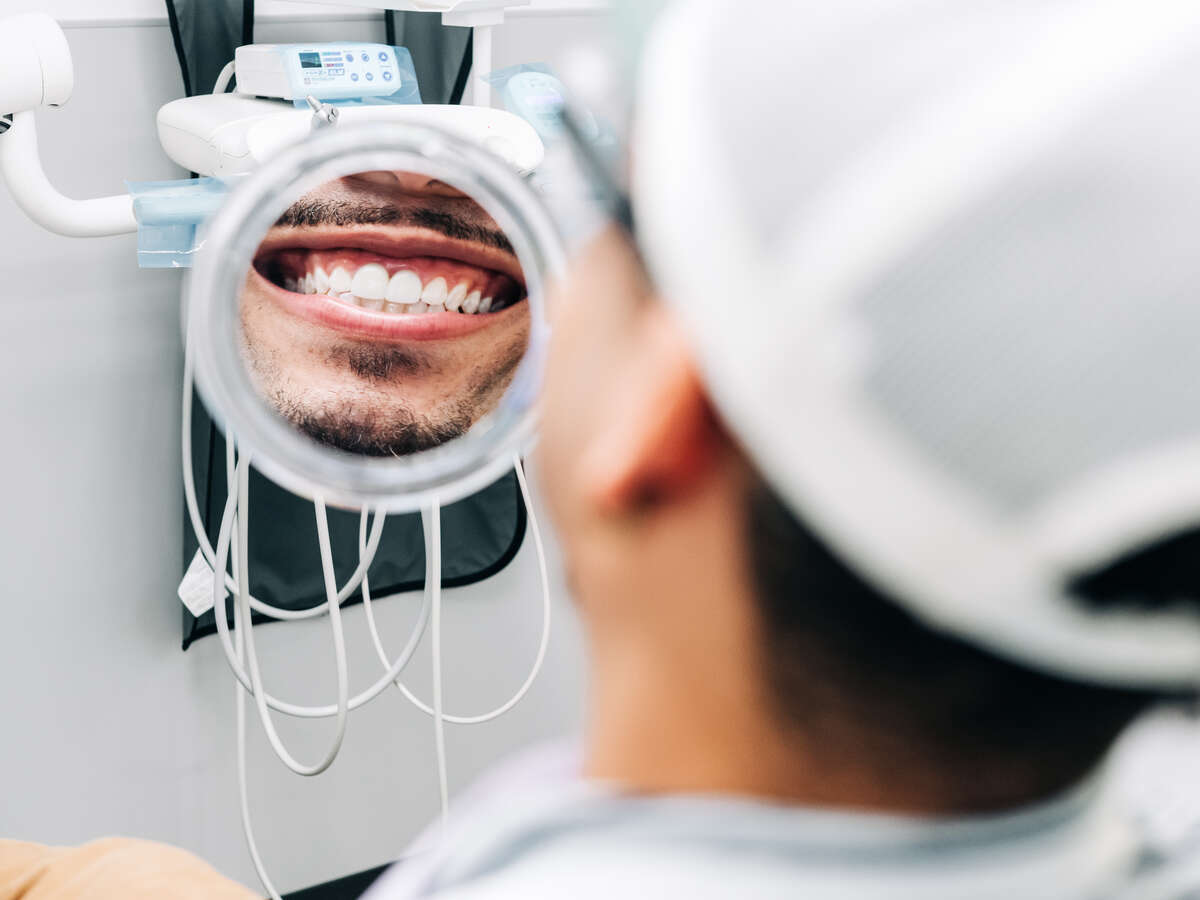News You Can Use
As you prepare for Valentine's Day, a UAB expert provides insight on the holiday's popular treat.
One UAB expert shares tips on preventing injuries and explains the benefits of hot and cold therapies in muscle recovery periods.
As winter illnesses circulate, UAB experts warn about the impact of untreated sinus infections.
A registered dietitian provides advice for helping children who may be choosy about what they eat enjoy mealtime without pressure or frustration.
A UAB expert outlines strategies women and their partners can use when entering perimenopause.
A UAB assistant professor explains neuroplasticity and offers tips to help maintain newly set goals and habits in the new year.
Burnout does not have to ruin the holiday season. One UAB expert recommends five ways to stay refreshed this holiday season.
UAB professor shares tips on how to eat the right carbohydrates and dietary fiber when crafting holiday meals.
Even in the colder months, it is important to keep an eye out for any unusual skin changes as some discolorations may not appear immediately after sun exposure.
A UAB expert in dementia care recommends clear communication, simplifying tasks and shorter gatherings for people living with dementia.
UAB Neurosurgery and Trauma experts discuss the importance of taking precautions when decorating this holiday season.
UAB’s Allison Davis, M.D., provides tips to help prevent varicose veins during pregnancy.
Discover the ultimate 2025 UAB Blazer gift guide for spirited gift ideas that make holiday shopping simple.
One UAB expert shares insights about how ADHD can impact work life and offers practical strategies for both employees and organizations to foster success.
Support, expression and other strategies can help individuals cope with grief and emotional distress this holiday season.
Experts at UAB are providing insight into some of the top preventable injuries they see on a regular basis and some practical advice for how to avoid them.
Learn about epilepsy, types of seizures, common symptoms, warning signs and how to provide seizure first aid.
A UAB professor discusses the effects cold weather has on the body at a cellular level.
UAB experts offer tips to decrease the chance of illness for individuals and their loved ones as temperatures drop.
One UAB expert explains the chemistry that takes place in the body when the “fight-or-flight” response is activated.
A UAB expert shares advice on when to start breast cancer screenings and important risk factors to be aware of.
Provide care for senior loved ones with advice from a UAB expert.
Screenings are important in the standardized health care of middle-aged men.
Chronic stress can wreak havoc on one’s health; but a healthy diet may hold the key to regulating cortisol, the body’s primary stress hormone.
Learn how to build a fuel routine that sets you up for running success while keeping your body safe and healthy.
A UAB neurologist shares how symptoms of various movement disorders can be treated with deep brain stimulation therapy.
Good foot care is an important aspect of one’s overall health.
A UAB otolaryngologist offers five key tips for travelers to help protect their ears and sinuses.
The mouth is a breeding ground for bacteria, and without consistent oral hygiene, it can result in foul-smelling breath and potentially more serious health issues.
Digestion is often thought of as a simple process confined to the stomach; but the reality is far more intricate, as one UAB researcher shares.



